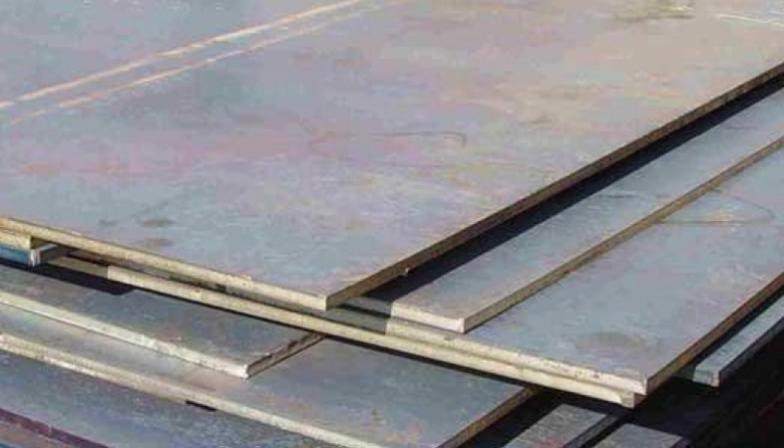The cost of selling flat products, for the most part, has not changed in euro equivalent. Regional plants have free production capacity, and delivery times remain short. Stocks in the supply chain are high. Asian import deals, in most cases, are not cheap enough to be attractive.
Danish sales in the domestic hot rolled coil market were carried over from the previous month. Industrial production in Sweden is at a lower level than last year. Prices are fairly stable. Construction activity in Finland has declined in recent months. In the Netherlands, prices have not changed due to customer uncertainty and suppressed demand. Business activity in Norway is flat.
Hot-rolled sheet consumption is stable in Austria, Sweden and Norway. Market activity is down in Denmark. EU security quotas increase buyers' reluctance to place import orders. Domestic sales in Finland are weak and sales have declined. Delivery times from European suppliers are very short. Buyers in the Netherlands have been increasingly strong in terms of prices.
The production of cold-rolled coil products from Europe is abundant, and significant shipments from Asia are expected. In Denmark, this month, sales have not changed, despite the wishes of regional factories to increase. Finnish service centers are well staffed. End users are resistant to price increases. Austrian stockists believe that prices are at the bottom of the current cycle. Norwegian buyers are increasingly choosing suppliers from third countries. Without applying EU tariffs, the offers from these sellers are very attractive.
There is still a weak demand for covered sheet and roll in the automotive sector. Denmark has a lot of galvanized material, and regional plants operate at full capacity. Market watchers believe the peak of Swedish manufacturing activity has been passed. Orders from the auto supply chain in Finland remain low. Consumer activity of industrial consumers in Austria is weak. Norwegian domestic demand is subordinate.
Sales of wire rod to Swedish manufacturers are decreasing. Prices have not changed compared to the previous month, in euro equivalent. Finnish consumption is fair, but prices are approximate. Prices for the former mill rose by about 10 euros per tonne in the Netherlands this month, despite mediocre demand.
The domestic market for middle sections and beams in Denmark is fairly stable, although supply chain participants report that significant discounts can be achieved for large orders. The decline in the construction sector has been a major contributor to the downturn in Swedish industry over the past year. A moderate increase in domestic sales in Finland was agreed this month as a result of rising commodity prices. Participants in the construction industry in the Netherlands report a positive outlook, but current demand is declining. In March, the factories produced increased list prices, but only small increments were agreed with the buyers.
Rising manufacturing costs per mill supported the rise in rebar prices in Sweden in March. However, it is expected that the effects of the disaster at the Vail mine in Brazil will soon decrease. Buyers, in the Netherlands, report on the proposals of small quantities of Ukrainian material. The rising cost of raw materials has led to a modest increase in the cost of rebar in Austria. Local producers insisted on raising prices in Norway, but buyers resisted.
Many EU buyers refrain from placing orders on British manufacturers of trade bars. They are wary of the possibility of the application of imminent post-consumer tariffs. This leads to a tightening of the offer in the region.



